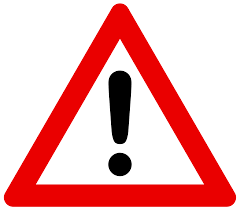记忆方法
将“exclamation”分解为“ex”和“clamation”,联想“ex”如同“extra”多出来的一层兴奋,而“clamation”像是在大声宣称。整体联想为“多出来的兴奋宣言”,这样可以帮助记住单词表示的是感叹、惊叹的意思。
以上内容由AI生成, 仅供参考和借鉴
中文词源
exclamation 感叹词
来自exclaim, 惊叫。
英语词源
- exclamation (n.)
- late 14c., from Middle French exclamation, from Latin exclamationem (nominative exclamatio) "an exclamation" (in rhetoric), "a loud calling or crying out," noun of action from past participle stem of exclamare "cry out loud" (see exclaim).
The punctuation symbol known as the exclamation point (1824) or exclamation mark (1926) was earliest called an exclamation note or note of exclamation (1650s), earlier note of admiration (1610s). Another name for it was shriek-mark (1864).
权威例句
- 1. He gave an exclamation of surprise.
- 他发出一声惊叹。
- 2. The author used three exclamation marks at the end of the last sentence to wake up the readers.
- 作者在文章的最后一句连用了三个惊叹号,以引起读者的注意.
- 3. For my part , I cannot keep from uttering an exclamation of surprise!
- 我那时是惊奇地叫了一声的!
- 4. Sue gave an exclamation as we got a clear sight of the house.
- 我们清楚看到那所房子时,休惊叹不已。
- 5. Molly let out her breath, made an exclamation with her hands.
- 莫莉呼了口气, 用她的双手作了个吃惊的动作.
